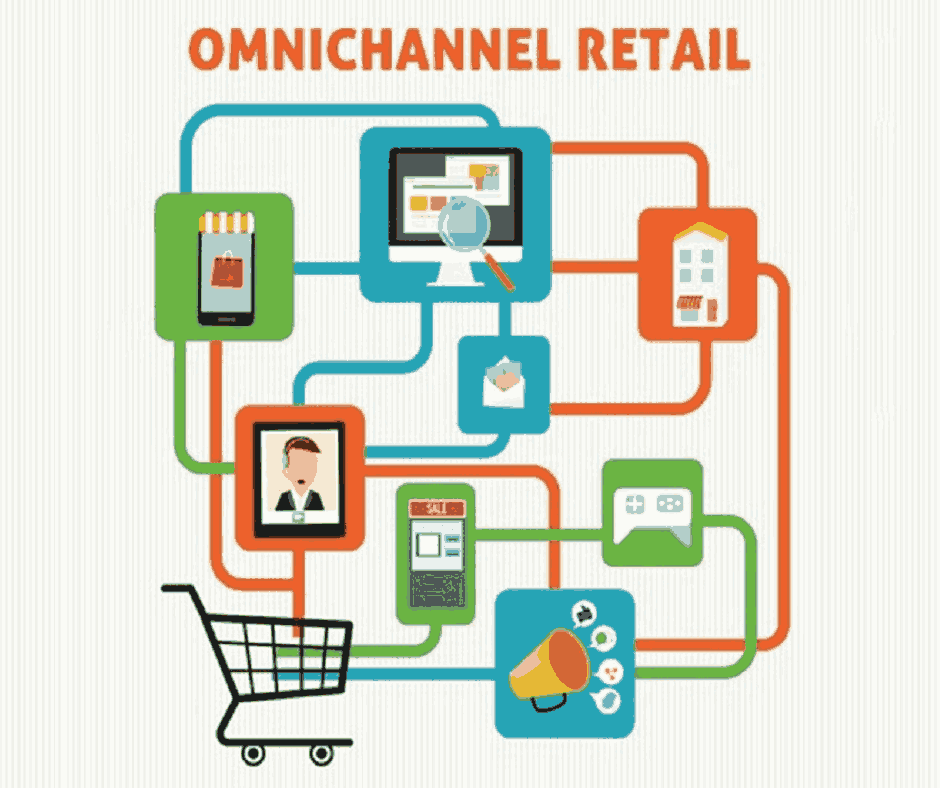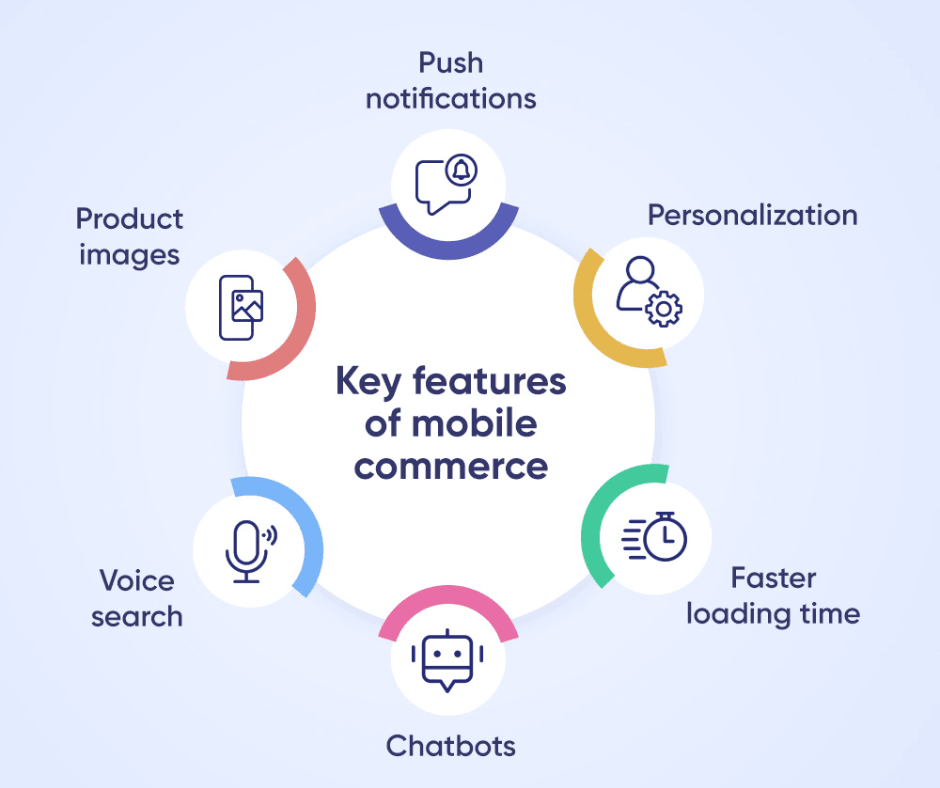The face of the commerce landscape is changing fast, and new technologies are sprouting up to change customer experiences, marketing strategies, and operational efficiencies. If you are pursuing a Bachelor of Commerce (BCom) or Master of Commerce (MCom) programme, you need to keep a tab on these future trends in commerce and what skills you will need for these future commerce jobs.
1. Sentiment Analysis in Commerce
The next big thing in the future of commerce is Sentiment Analysis. In this trend, companies are leveraging artificial intelligence (AI) to assess customer sentiment and feedback for product and service enhancement. This power to know what customers say about a brand or product offers companies a key advantage.
One of the emerging technologies in commerce, sentiment analysis is done using natural language processing (NLP) and machine learning to interpret emotions from customer reviews and comments on social media. It provides diverse use cases including:
- monitoring customer sentiment,
- discovering product pain points, and
- understanding the emotional background of product ratings.
There are tools available in the market to aggregate the reviews and compare product performance to provide insights.
AI and sentiment analysis are related commerce industry skills that are becoming increasingly valuable. According to commerce job market trends, it is expected that more and more companies will use such platforms to identify customer frustrations that they previously were unaware of so they can drive better product, marketing and strategic improvements.
The burgeoning of field will drive seekers with competencies in data analysis, machine learning and AI-powered consumer experience.
2. Omnichannel Retailing

One of the biggest commerce job market trends is how retail is moving into omnichannel selling. In quite simple terms, omnichannel retailing is a combination of both online and offline distribution to provide shoppers with a seamless shopping experience on all touchpoints including:
- physical stores,
- websites,
- e-shops,
- mobile apps, and
- social media.
For people accustomed to the way markets have operated in the past, this is a big change in pattern from the usual shopping behaviour.
Implementation of the right omnichannel strategies can result in big revenue leaps along with customer retention. For example, brands interacting with customers on many platforms have noticed a growth in user retention.
Target and Walmart are making use of the “phygital” experience by offering in-store pick-ups for online orders, or deploying digital signage in physical stores.
The skills required for future commerce jobs in this space include:
- expertise in customer experience management,
- data integration, and
- digital marketing.
As the demand for seamless and personalised shopping experiences grows, the commerce industry will need professionals adept at bridging the gap between online and offline customer journeys.
3. Mobile Commerce (M-Commerce)

Mobile commerce, or m-commerce, is also revolutionising the way customers shop and make payments. According to recent reports, the global m-commerce market is expected to grow by 34.9% between 2023 and 2027. With more consumers relying on smartphones and tablets to make purchases, businesses are optimising their websites and apps for mobile-friendly shopping.
M-commerce enables customers to:
- buy products,
- access mobile banking services, and
- make payments through digital wallets like Apple Pay and Google Pay.
Augmented reality (AR) is also making its way into mobile commerce, allowing users to virtually try products before purchasing them. For example, beauty brands like L’Oréal use AR to help customers visualise how makeup products will look on them before making a purchase.
As one of the most significant future trends in commerce, it is natural that mobile commerce and other emerging technologies in commerce require new skills for future commerce jobs.
If you know app development, mobile SEO, and mobile banking, you might gain an edge over your peers when it comes to getting the best commerce jobs in the marketi. Some other commerce industry skills that require you to take additional courses in tech are:
- mobile-first designing,
- user experience optimisation, and
- mobile payment security.
4. Social Commerce

The concept of Social Commerce – letting people buy things on platforms such as Instagram or Snapchat without even leaving the platform – is disrupting the retail sector. Brands are seeing significantly higher engagement and conversions with this trend, which is refreshing. User-generated content is being offered by the millions of creators on networks like Instagram Facebook TikTok etc.
In India, brands such as Nykaa and Meesho are using Instagram & Facebook to enable a 360o shopping experience through shoppable posts and live selling experiences; achieving wider reach & engagement. Myntra has rolled out ‘Myntra Studio’ enabling a social shopping experience where customers can explore and shop influencer-curated merchandise.
Social commerce spending in the U.S. alone is projected to exceed $100 billion by 2024. Brands are using tools like Facebook Shops and Instagram Shopping to reach wider audiences with seamless buying experiences. Patagonia, for example, emulates the navigation of their website in Pinterest boards to provide a consistent brand experience on any channel.
There is a rising need for social commerce skills, such as:
- social media marketing,
- e-commerce, and
- data analytics.
Future commerce industry skills you will need in this environment will include selling on social platforms or creating valuable content for people who are using you as a medium to reach their customers. Also, data about that customer is probably one of the biggest trade secrets now – and if you know how to handle it, you might be able to get commerce jobs anywhere in the world.
5. AI-Powered Personalisation in Commerce
One of the driving factors behind personalised shopping experiences is Artificial Intelligence. AI-driven algorithms can help recommend products based on browsing and purchase history of customers. Such a degree of personalisation elevates customer satisfaction and growth.
Research suggests that personalisation of product recommendations can drive as much as 31% of total e-commerce revenues. Also, more and more businesses support AI-powered chatbots as well as virtual shop assistants to help users during the shopping process.
Amazon and Netflix are great examples of AI revolutionising customer experiences – automatically making suggestions based on a wider economy or adjusting the price depending on demand.
It is predicted that AI, machine learning and data-driven personalisation will all be in-demand skills for future commerce jobs. Commerce job market trends indicate that businesses are now focusing on building AI-powered systems to improve customer engagement, optimization and inventory handling.
6. Smart E-Commerce Logistics
The logistics industry is undergoing a digital transformation, with smart e-commerce logistics emerging as a crucial trend. The integration of AI, the Internet of Things (IoT), blockchain, and 5G technologies is helping businesses:
- optimise supply chain operations,
- improve delivery accuracy, and
- reduce costs.
Smart logistics solutions enable:
- real-time shipment tracking,
- predictive analytics for route optimisation, and
- automation in warehousing.
A study of 288 articles on smart logistics revealed that AI and IoT are underutilised in certain areas, such as product quality inspection and inventory management. However, companies like Amazon are already implementing AI and robotics to streamline fulfilment processes.
As logistics becomes more automated, the commerce job market will see a growing demand for professionals with skills in:
- supply chain management,
- AI-powered logistics, and
- data analytics.
Skills for future commerce jobs in this area will focus on improving operational efficiency and enhancing customer satisfaction through smart delivery systems.
Conclusion
The future trends in commerce — from sentiment analysis and omnichannel retailing to AI-powered personalisation and smart logistics — are transformative forces for the industry. Commerce graduates, who are properly prepared and equipped with the new skills and have learned these emerging technologies in commerce, are going to be in demand in the job market.
So, prepare well now to future-proof your career in commerce.

